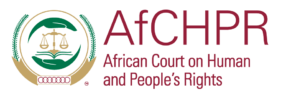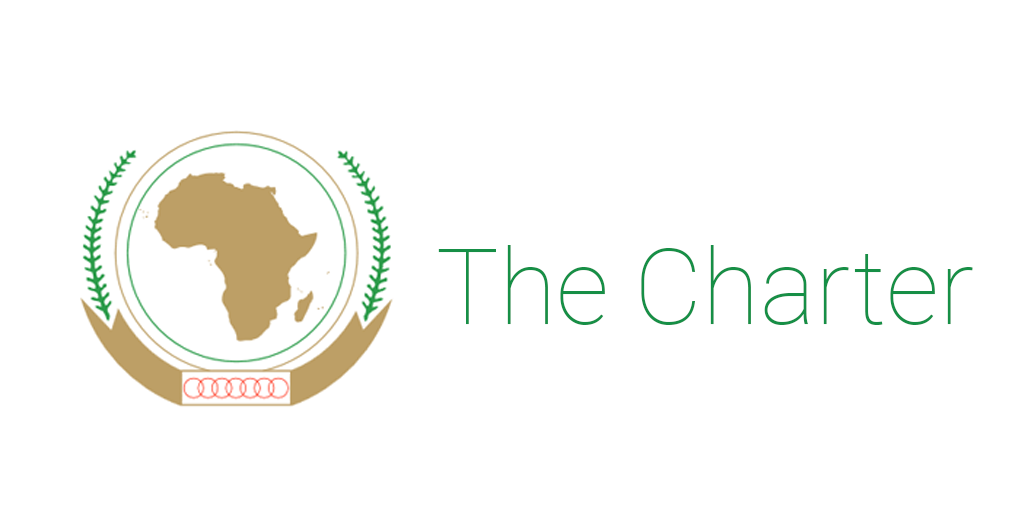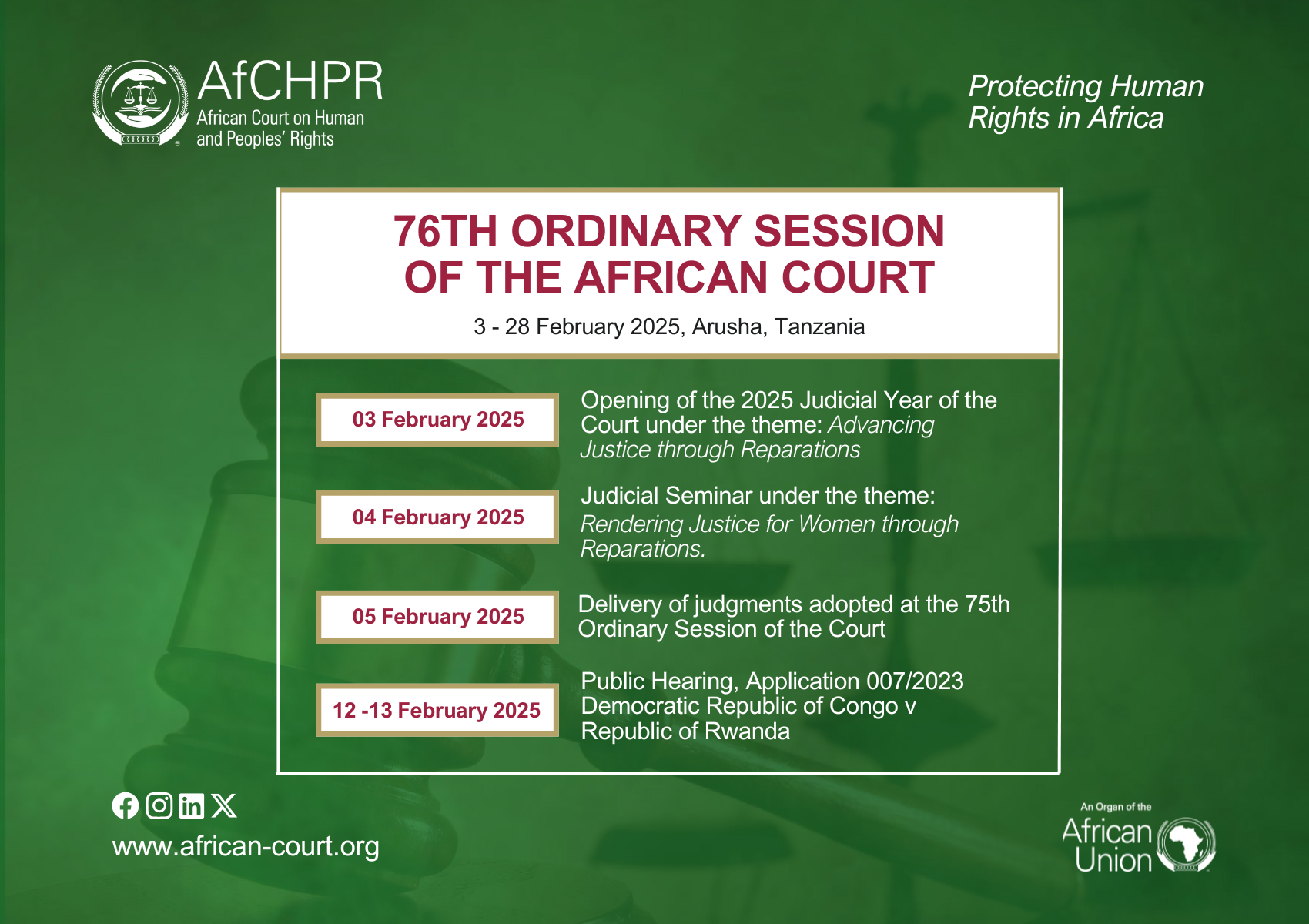Justice Ben Kioko (EBS, FCIArb) was initially elected judge of the African Court on Human and Peoples’ Rights in July 2012 for a six-year term and re-elected in July 2018 for a second and final six-year term. He was elected as Vice President of the Court and served in that capacity from September 2016 to June 2021.
Prior to joining the African Court, Justice Kioko was The Chief Legal Counsel to the African Union (AU) and Director for the unified Central Legal service for the AU, its organs and institutions, including the AU Commission, regional as well as representative offices for more than a decade. Prior to being appointed Chief Legal Counsel, Justice Kioko served as Senior Legal officer in the Legal Department of the OAU/AU.
In the capacity of Chief Legal Counsel, he was responsible for oversight of all legal matters, including provision of legal advice, drafting of treaties and agreements, conduct of all elections, as well as advising all AU organs and institutions including the Executive Council and the Assembly of Heads of State and Government. He oversaw the drafting and negotiation of at least twenty-five treaties on different areas, including human rights, governance, and peace and security, and in the building of their treaty bodies. He was also involved in the formulation and implementation of AU programmes, projects and strategic plans and in the establishment of some Public Private Partnership initiatives, notably, the drafting of the treaty establishing the African Risk Capacity (ARC) of which he also advised on its implementation. Judge Kioko was also involved in the conceptualisation, drafting, negotiations and adoption processes for the African Court Protocol.
While at the service of the AU, Justice Kioko provided technical backstopping to the African Groups in various world capitals including but not limited to Berlin, Brasilia, Brussels, Geneva, New Delhi, New York, Paris, Rome, Tokyo, Vienna, and Washington DC, during negotiation of international agreements and policy frameworks. He also initiated and led engagements aimed at building synergies and collaborative relationships across African partners and various stakeholders such as law faculties, civil society, non-governmental organizations, the media, research think tanks as well as the 8 African Regional Economic Communities (RECs), UN Agencies, the European Union, World Bank, The Caribbean Community (CARICOM), Organization of American States (OAS), Association of Southeast Asian Nations (ASEAN), African Development Bank (AfDB) and other international and multilateral institutions.
He also initiated among others, the establishment of a publicly available web-based status information system on OAU/AU treaties, an electronic voting system for use by AU policy organs, the Annual Consultative Forum of Legal Advisers of the AU and the RECs, as well as close working relations between the AU Legal Department and the office of the Under-Secretary General for Legal Affairs and Legal Counsel for the United Nations (UN). He also supported the initial stages of the establishment of the African Legal Support Facility hosted by the African Development Bank Group (AfDB), the African Institute of International Law (AIIL) and the Pan-African Lawyers Union (PALU).
His experience with sensitive political issues includes his involvement in the investigation into the assassination attempt on President Mubarak of Egypt in Addis Ababa, the Conflict between Eritrea and Yemen, the Hissène Habré case as well as the formulation and adoption of many Common African Positions notably on the principle of universal jurisdiction and the International Criminal Court (ICC).
Justice Kioko is an institutional memory powerhouse on African Union matters as he was deeply involved, initially as Senior Legal Officer, and subsequently as The Chief Legal Counsel, in the institutional transformation of the Organization of African Unity (OAU) to the African Union (AU). He was also in charge of implementation of Assembly decisions on the transformation of the OAU to the AU and institutional transformative processes within the AU notably the efforts towards establishment of the African Union Government as well as the African Union Authority.
Prior to joining the African Union, Justice Kioko, who is also an Advocate of the High Court of Kenya, served in various capacities in his home country including working for government and private legal practice.
Justice Kioko has provided post graduate training in various fields including African Union law-making functions, democracy, governance, rule of law, conflict resolution, regional integration, protection of civilians, human rights and is widely published, most recently on the President Hissén Habré Trial.
He serves in several international advisory boards as well as editorial boards of various international Law Journals. He is a Fellow of the Chartered Institute of Arbitrators (FCIArb) and a recipient of two prestigious national awards in Kenya, including Elder of the Order of the Burning Spear (EBS).
Justice Kioko has a keen interest and experience in the design of structures and vehicles that hold public-private cooperation projects that are international in nature, and which involve multiple countries and private sector actors, by a complex series of agreements that are, on the one hand, more like treaties and, on the other, more like public-private sector arrangements as well as the disputes arising from their implementation, including arbitration & mediation.
He is the recipient of the American Society of International Law (ASIL), Honorary Member Award for year 2024, which is conferred annually on an individual of American or other nationality who has rendered distinguished contributions or service in the field of international law. Justice Kioko is the 13th African to be bestowed with this honour in the 118 years that this prize has been awarded, since 1906. The award was given at a ceremony held during the Society’s AGM in Washington DC in April 2024.














